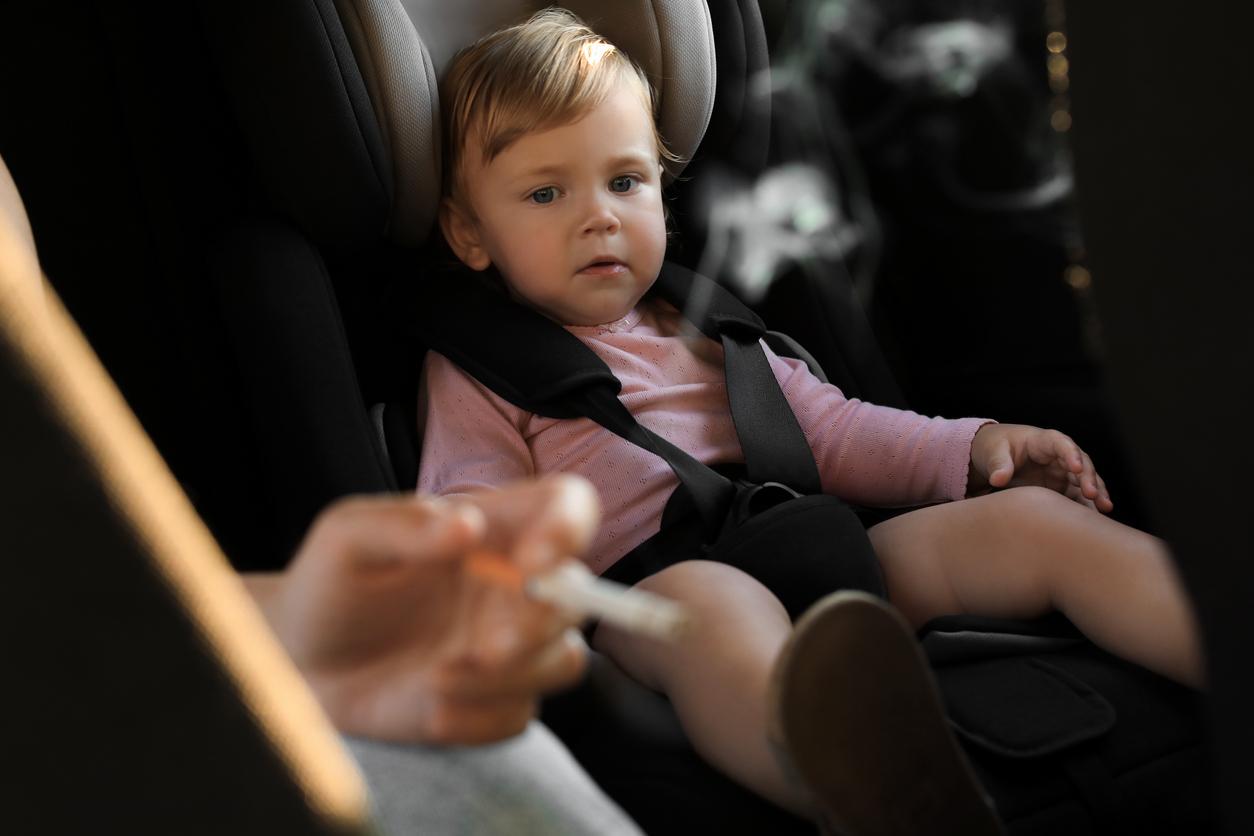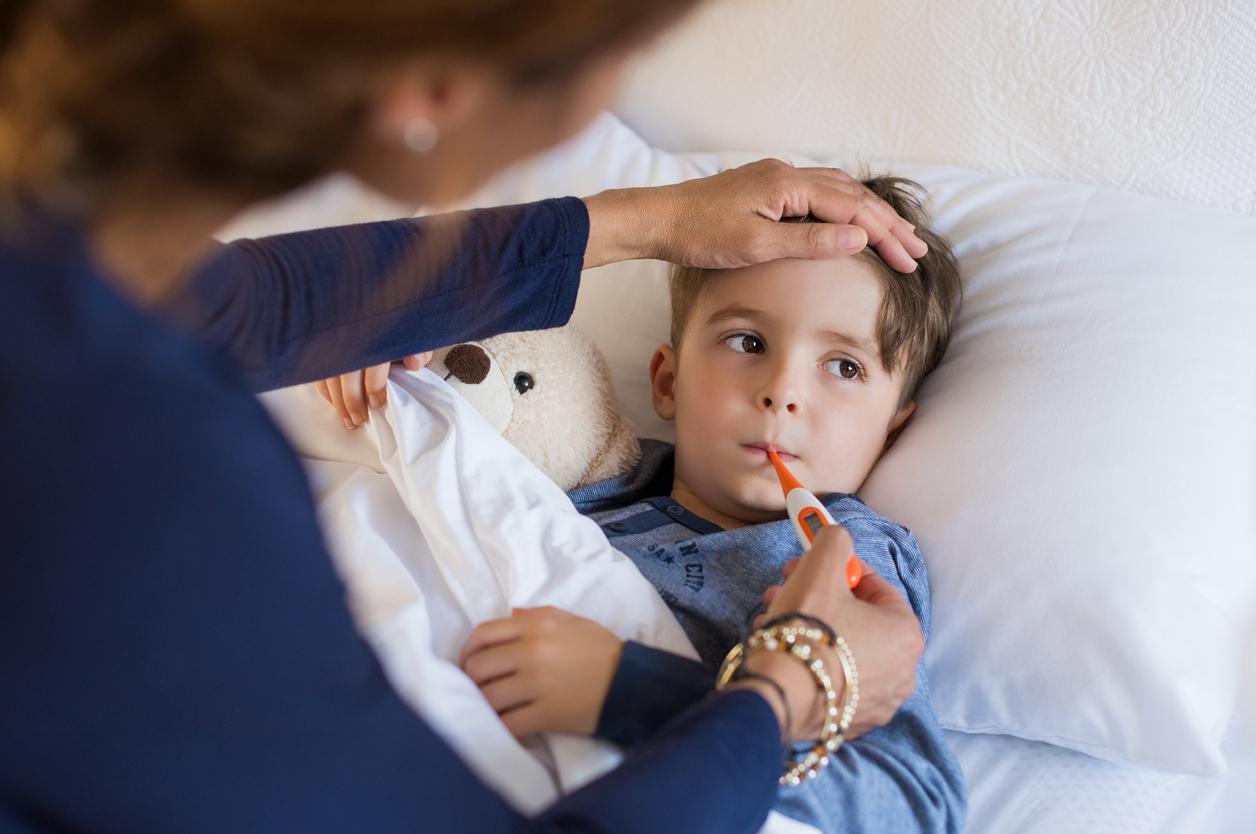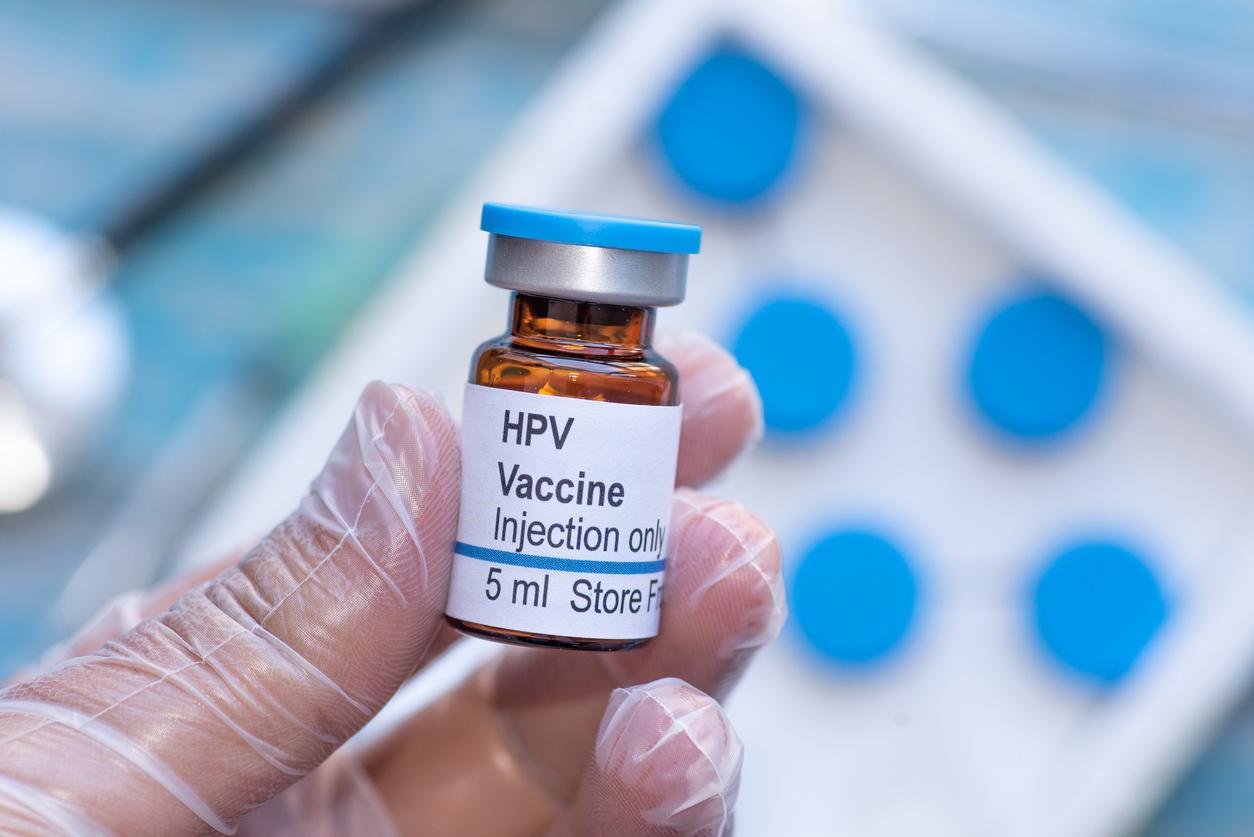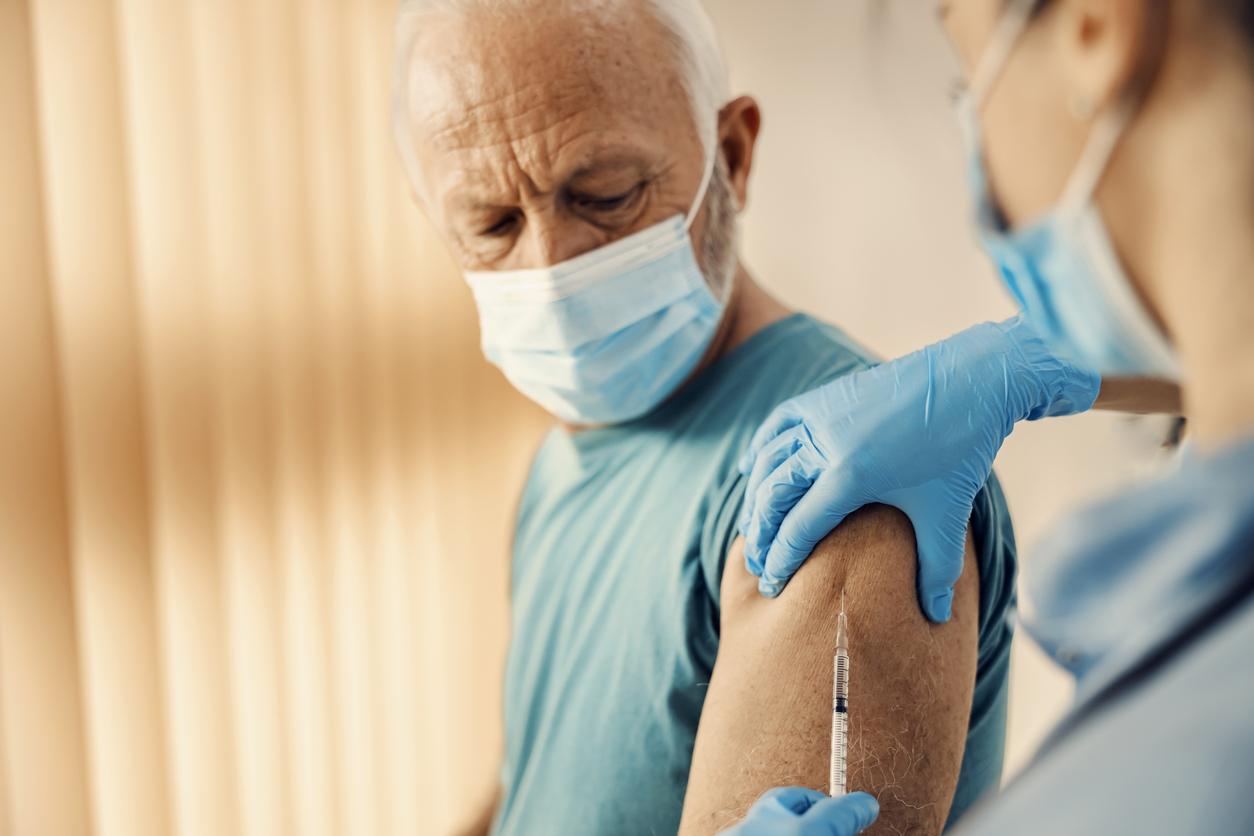Last Friday, the United States gave the green light to vaccinating 5-11 year olds with the Pfizer product.

- In 5 to 11 year olds, the vaccine would be more than 90% effective in preventing symptomatic forms without the risk of side effects, according to the Pfizer group.
- The dose used for children is 10 micrograms, compared to 30 for adults.
This is a new stage which concerns 28 million children. The United States has authorized the anti-Covid vaccine from Pfizer – BioNTech for 5 – 11 year olds. This validation was granted by the American Medicines Agency, the FDA, after it had examined data from clinical trials conducted by the pharmaceutical group on several thousand children.
Lower doses
Recently, the pharmaceutical company Pfizer reported that its vaccine for children was 90% effective in preventing symptomatic forms of the virus and did not cause side effects. The dose used is lower than that injected into adults. For children, it is 10 micrograms, against 30 for adults. Such a difference is explained by the desire to maximize the immune response while minimizing possible side effects. “Children actually tend to have very robust immune responsesrecently told CNN Dr. Kari Simonsen, who led the Pfizer vaccine trial at Children’s Hospital & Medical Center in Omaha, Nebraska. They can create strong responses to smaller amounts of vaccine antigen.”
The Pfizer study included 2,250 children between the ages of 5 and 11. Among them, more than 1,500 received the vaccine and 750 a placebo. All were followed for two months after the second injection. They found that the antibody response to the vaccine was comparable to that seen in young people aged 16 to 25. On the other hand, Pfizer points out that there have been no serious cases and no cases of pediatric multisystem inflammatory syndrome, a serious – but rare – condition linked to Covid-19. There was also no myocarditis – an inflammation of the heart – in these children after vaccination.
In Europe, no decision expected before mid-November
Before starting the injections, a committee of experts from the Centers for Disease Prevention and Control (CDC) must issue an opinion today or tomorrow, which should follow that of the FDA.
In Europe, the evaluation of the data by the Medicines Agency began a short time ago. Their response is not expected before mid-November, or even the end of the month. It will then be up to France to position itself. Last September, the director general of health, Jérôme Salomon, declared that the vaccination of children under 12 “was not on the agenda”. Last February, it was Alain Fischer, the president of the Council for the orientation of the vaccine strategy, who wondered about the interest of vaccinating the youngest, indicating that children are “less sick and less contagious”.
The American group Pfizer is continuing its trials and is now attacking children under 5 years old. It hopes to report results in the fourth quarter of this year. Currently, Cuba is the only country in the world that authorizes the vaccination of children from the age of 2 years.

.

















